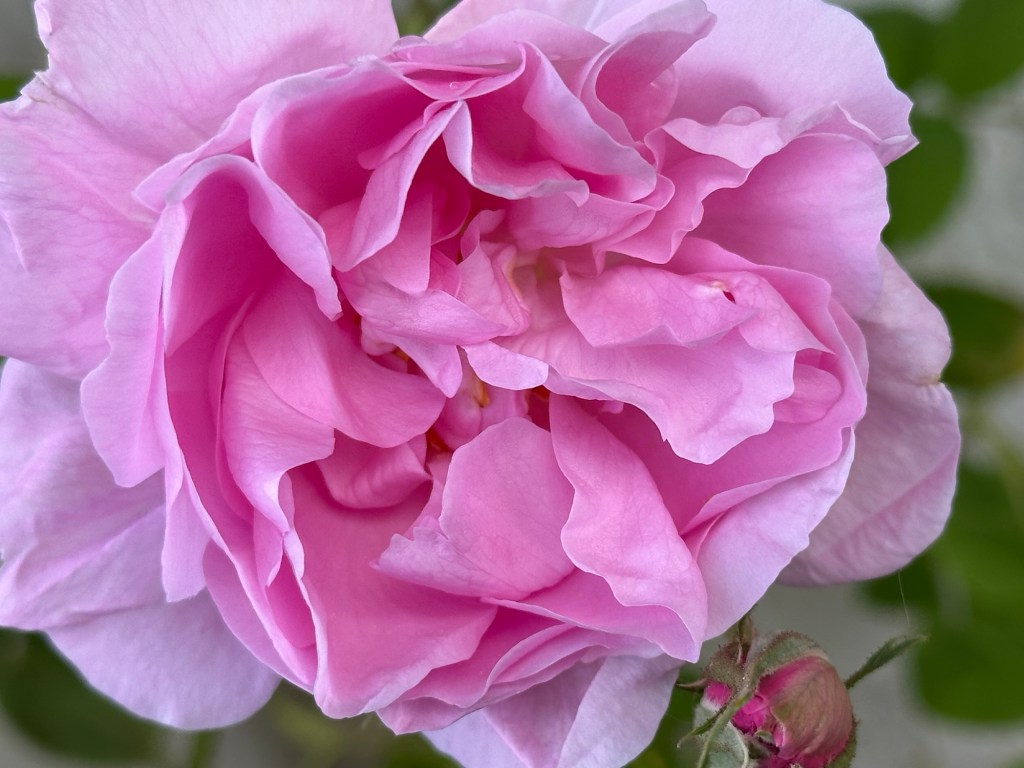Two months after staying on the Italian island of Procida, I visited Rhodes in Greece, where I met my future wife, the Bulgarian poet Tsvetanka Elenkova. It is curious that having reached out to God on Procida and got what I considered to be an answer, I should then so quickly meet my future wife. My life would take a radically new direction, and three years later I would move to Bulgaria, which would bring me into contact not only with family life and Bulgarian nature, but also Orthodoxy and a different mindset.
So these four poems are a continuation of the poems I wrote on Procida. They were also included in my poetry collection Even Though That (Sofia: Proxima-RP, 2004, with a parallel Bulgarian translation by Tsvetanka Elenkova and Rada Panchovska).
IT WAS A BAD DAY
for Tsvetanka Elenkova
It was a bad day.
I was woken by the builders at 7:15.
I was so tired that, working in the morning,
I fell asleep. I wasn’t taking much in
anyway. When I came back for lunch,
they were still at it, this time
drilling on the wall of my room.
Not much, I know, but I’d been hoping
for a kip. I left in a fury,
went walkabout, ended up in the cemetery,
unable to make sense of the living.
The dead weren’t too forthcoming
either, unwilling to let me in
on the secret of all this.
I was just about beat,
so at four I took my work
down to the beach.
It wasn’t a particularly bad day, I know.
It could have been much worse.
Someone could have died or
got sick, or done something awful.
I was tired, that was all,
letting it get on top of me,
until, after a swim, my mouth
parched with salt, she appeared
out of the sun, drilled a
cold drink on to my chest.
Not much, I know, but it made
me feel a whole lot better.
I looked up then and took it all in.
* * *
THE SCORPION
The scorpion just came to the wrong place at the wrong time.
It wasn’t to know.
It waddled towards us, content almost,
as if it had news to convey,
some juicy gossip, a joke, something like that.
You could tell it had something inside it wanted to get out.
But we don’t speak its language,
and it was heading straight for the dull, yellow light
of our front door.
Lisa jumped up, skipped off in search of a broom,
returned like a gymnast across the mat.
That scorpion didn’t have long to live,
I could have told it that.
It hit the step before our front door,
took a detour.
It may have changed its mind,
been heading out of our lives,
in search of someone else to talk to,
someone a bit more receptive,
someone who spoke its language.
But it was too late for that.
I leapt outside, turned
as Lisa raised the broom (the axe),
took aim as the scorpion cleared the step
(stairs were not an obstacle then),
brought down the broom,
missed!
raised it (the scorpion was fighting an invisible enemy now),
took aim for the second time…
The scorpion’s last vision of life
will have been a broom hurtling out of space –
a spasm – and Lisa washed down the tiles
and Torborg asked if scorpions were dangerous.
* * *
THE NON-REMISSION OF SINS
Standing on the other side,
it’s too late now,
I can’t get back and if I did get back
I’d probably just step out again,
and feeling miserable
like I’ve wrecked, ruined, scarred, sullied,
spoilt the game, opened my eyes,
turned on the lights, taken off my mask,
seen what it was and now I’ve seen
I want in again,
and I’m asking God for forgiveness
every day, three times I’m saying
Forgive me, forgive me, forgive me,
and the lights dim
and I think it’s OK,
I think God has forgiven me and I’m so grateful
I could weep tears, give thanks,
offer celebration,
but it’s only when the lights come back on that I realise
I’ve made a mistake,
God is implacable,
I’m not forgiven.
And I can’t play any more.
* * *
THE FORECAST FROM GREECE IS GOOD
Try to keep them, poet,
those erotic visions of yours,
however few of them there are that can be stilled.
Put them, half-hidden, in your lines.
Try to hold them, poet,
when they come alive in your mind
at night or in the noonday brightness.
C. P. Cavafy, “When They Come Alive” in Collected Poems (1998), tr. Edmund Keeley and Philip Sherrard
When I arrived on the beach this afternoon,
three Greek beauties lay like levers,
their breasts – which were exposed to the sun –
turning from green to black
olives.
Small wonder that I was amazed
at the pair that lay bruised
of the one on her front,
at the other two lying marooned
on the feta bodies behind her.
Small wonder that I turned away,
scratched my thinning hair,
gave the human race the forecast:
“Looks set to continue.”
Those girls have gone now.
They popped on their dresses.
Pretty dresses, cotton dresses with flowers and the like.
The beach is almost empty now.
Just the waves lapping the shore.
Bursting with excitement.
Bubbling still.
The way they were yesterday.
The way they will be tomorrow.
We are here one day, gone the next.
We don’t realise it when we hit the shore.
That there’s another wave right behind us,
soon to fall.
The epitaph of a wave might read:
Was born at sea.
Crashed on such and such a beach.
Continues as a current.
